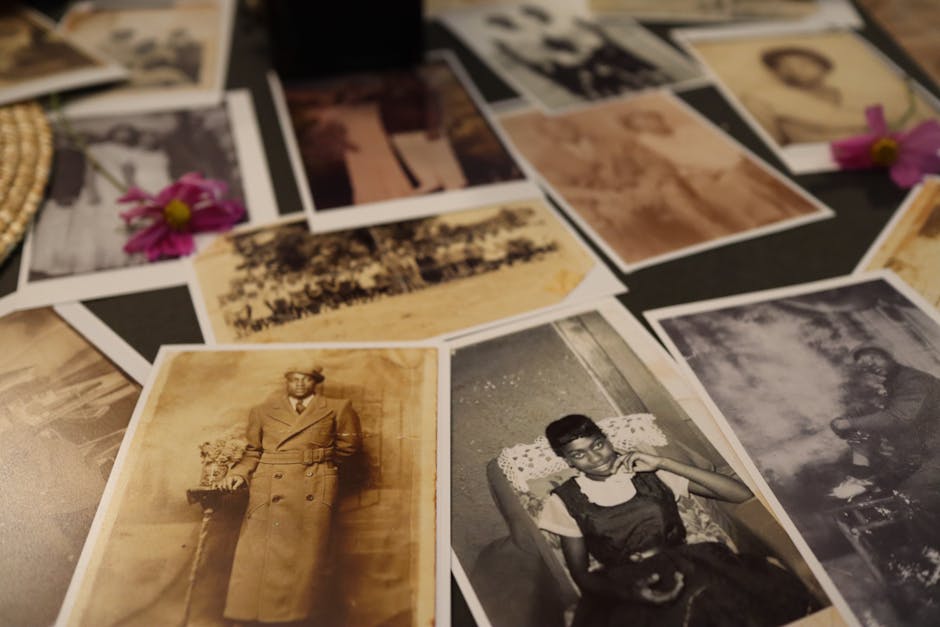⏱️ 4 min read
Top 10 Strange Moments in World History
Throughout history, there have been numerous peculiar events that seem almost too bizarre to be true. From unusual weather phenomena to eccentric political decisions, these moments have left historians puzzled and fascinated. Here are ten of the strangest documented moments in world history that showcase the unexpected twists in human civilization.
1. The Dancing Plague of 1518
In July 1518, in Strasbourg, Alsace (modern-day France), a woman began dancing fervently in the street. Within a month, around 400 people had joined her in an inexplicable dancing frenzy. Many danced until they collapsed from exhaustion, and some reportedly died from heart attacks, strokes, or dehydration. This mysterious event, known as choreomania, remains one of history’s most bizarre mass psychological phenomena.
2. The Great Molasses Flood of 1919
On January 15, 1919, Boston experienced one of its strangest disasters when a massive storage tank containing 2.3 million gallons of molasses collapsed. The resulting wave of sticky syrup, reaching heights of 15 feet, swept through the city’s North End at approximately 35 mph. This unusual catastrophe killed 21 people and injured 150, while causing extensive property damage.
3. The Kentucky Meat Shower of 1876
On March 3, 1876, in Bath County, Kentucky, chunks of meat mysteriously fell from a clear sky for several minutes. Scientific analysis later suggested the meat was likely lung tissue, possibly from a horse or deer. The leading theory proposed that vultures had regurgitated the meat mid-flight, though this explanation remains debated.
4. The War of the Bucket (1325)
In 1325, soldiers from Bologna and Modena fought a full-scale battle over a wooden bucket. After Modenese soldiers stole a bucket from a public well in Bologna, the two Italian city-states engaged in a conflict that resulted in thousands of casualties. The bucket remains in Modena’s possession to this day, displayed in the city’s bell tower.
5. The Three-Day Survival in the Pacific (1982)
Poon Lim’s survival story seems impossible, yet it’s thoroughly documented. After his British merchant ship was torpedoed in 1942, Poon spent 133 days alone on a wooden raft in the Atlantic Ocean. He survived by fishing, collecting rainwater, and even catching a shark. His record for surviving at sea on a raft remains unbroken.
6. The Great Emu War of 1932
In Western Australia, the government declared war on emus after the large flightless birds began devastating crops. Military personnel armed with machine guns attempted to cull the emu population, but the birds proved surprisingly resilient and tactical. After several failed attempts, the military withdrew, leading newspapers to declare the emus the victors of this unusual conflict.
7. London’s Great Smog of 1952
For five days in December 1952, London was engulfed in a mysterious thick yellow smog that reduced visibility to mere inches. The unprecedented air pollution event, caused by industrial emissions and cold weather conditions, led to the deaths of approximately 12,000 people. This disaster eventually prompted the Clean Air Act of 1956.
8. The Toronto Circus Riot of 1855
What began as a routine circus performance turned into an extraordinary riot when local firefighters clashed with circus clowns. The conflict escalated into a full-scale riot involving hundreds of participants, complete with acrobats and circus performers fighting in full costume. The event resulted in multiple injuries and significant property damage.
9. The Year Without a Summer (1816)
Following the eruption of Mount Tambora in Indonesia, 1816 became known as the “Year Without a Summer.” Global temperatures dropped significantly, causing crop failures across the Northern Hemisphere. Snow fell in June in New York, and frost was reported in July and August. This climate anomaly led to worldwide food shortages and inspired Mary Shelley to write “Frankenstein” during her unusually dark holiday in Switzerland.
10. The Phantom Time Hypothesis Debate
In 1991, historian Heribert Illig proposed a controversial theory suggesting that approximately 297 years of history (614-911 CE) never existed and were fabricated during the Middle Ages. While this theory has been thoroughly debunked, the mere fact that it gained enough traction to warrant serious academic discussion represents one of history’s strangest scholarly debates.
These bizarre historical events remind us that truth can indeed be stranger than fiction. They demonstrate how unexpected circumstances, natural phenomena, human behavior, and sometimes simple misunderstandings can create extraordinary moments that continue to fascinate historians and the public alike. These events also serve as valuable lessons about human nature, environmental impacts, and the unexpected ways in which history can unfold.
While some of these events led to significant changes in law, society, or scientific understanding, others remain as curious footnotes in human history, reminding us that the past is filled with surprising moments that challenge our expectations of what is possible or probable.


